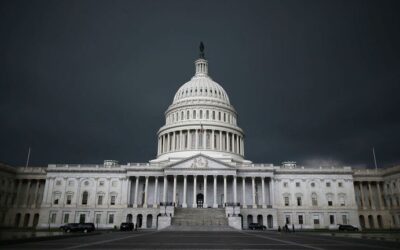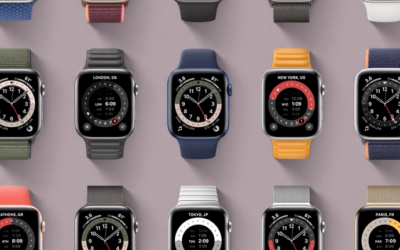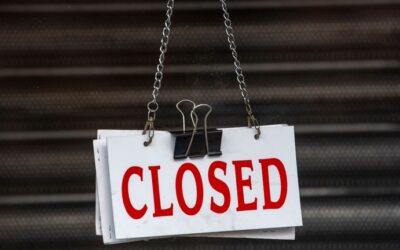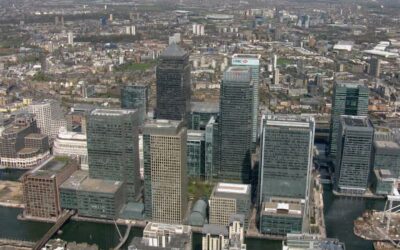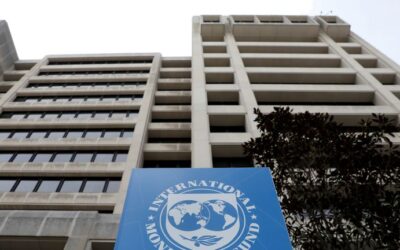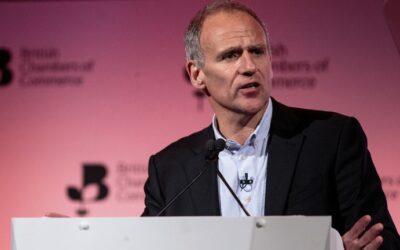The wealth of the world’s billionaires has reached a record high during the coronavirus pandemic – despite millions of people continuing to face the prospect of unemployment.
The richest managed to increase their fortunes to record levels between April and July, when the COVID-19 crisis was continuing to escalate.
A report by Swiss bank UBS and accountancy firm PwC covered about 2,000 billionaires and discovered their wealth hit $10.2trn (£7.9trn) in July.
Image: From 2018 through to July 2020, technology billionaires saw their wealth rise 42.5%
Live coronavirus updates from the UK and around the world
The figure broke the previous record of $8.9trn (£6.9trn) at the end of 2019.
Advertisement
The billionaires had mostly increased their fortunes through betting on the recovery of global stock markets, taking advantage of gains in the technology and healthcare sectors.
It comes in a year when unemployment levels are expected to continue to rise around the world amid the ongoing economic impact caused by the pandemic.
More from Covid-19
Last month, the UN’s International Labour Organization (ILO) revealed the crisis had wiped out $3.5trn (£2.7trn) of income for millions of workers.
The ILO said Latin America had been particularly hard hit, with about 34 million jobs being lost since the outbreak of COVID-19 at the beginning of the year.
Billionaires across every industry covered by the UBS and PwC study saw their wealth rise by double digits, with those involved in the technology, healthcare and industrial sectors leading the pack with gains of 36% to 44%.
From 2018 through to July 2020, technology billionaires saw their wealth rise 42.5% to $1.8tn (£1.4tn), while those building their fortune from healthcare enjoyed a rise of 50.3% during the same period to $658.6bn (£511.5bn).
The report said many of the billionaires had donated funds which were equivalent to $7.2bn (£5.59bn) to help fight the coronavirus.


